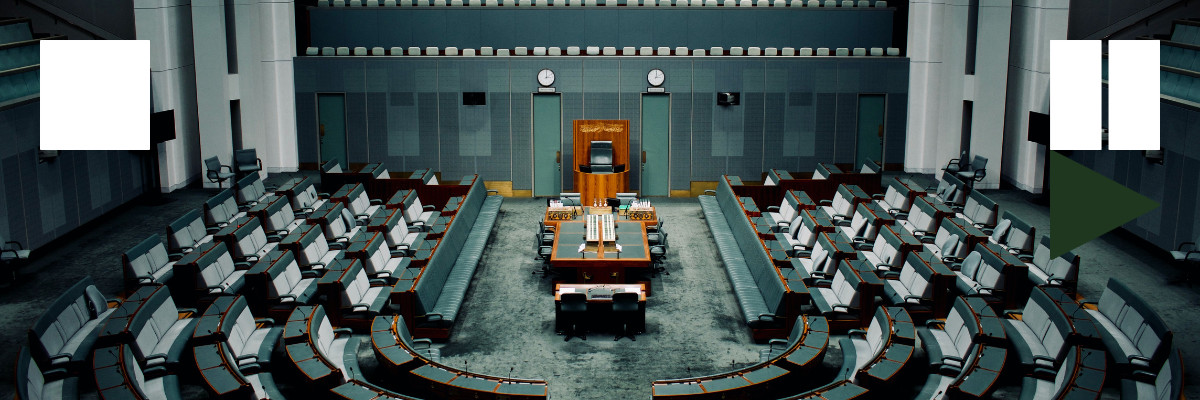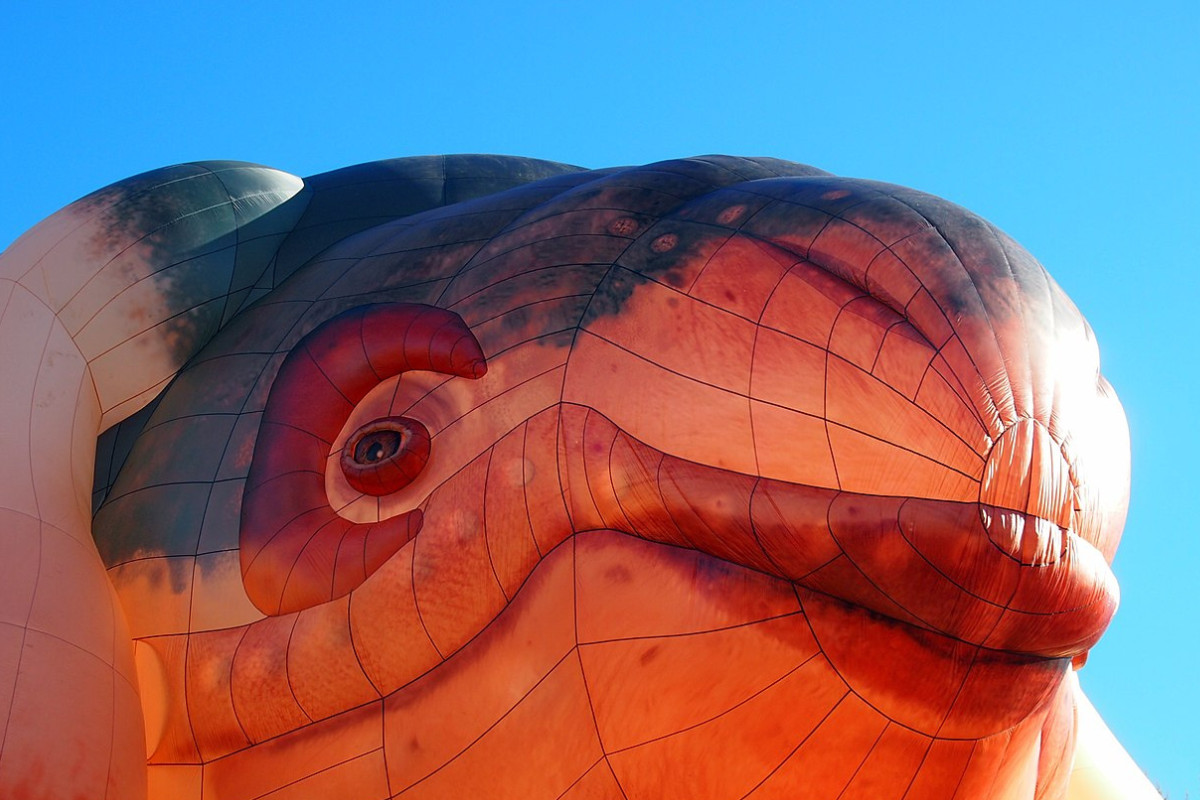
When Prime Minister Julia Gillard rose to deliver what became known as the ‘misogyny speech’ in October 2012, she had occupied the office for two and a half years. The novelty of the first (and to date only) female Prime Minister had ignited hateful and misogynistic pornographic images and abusive language on social media. In some quarters, the sight of a woman in power elicited responses that her male counterparts have never had to encounter.
The capacity of an unmarried, childless woman to lead the country continually came into question from her opponents. Gillard was called “deliberately barren” by Liberal Senator Bill Heffernan, thus, in his mind, disqualifying her to lead the country.
Over the term of her prime ministership from 2010-2013, the media could not resist offering a constant and belittling commentary on Gillard’s clothes, her voice and her hair, as well as her domestic life. Earlier, the appearance of her spotless kitchen was read as a statement on her apparently empty life disqualifying her from political leadership.
Ten years on, it is important to recall this broader context when reflecting on the force, power, and enduring relevance of the ‘misogyny speech’, which now stands as an anthem against misogyny in politics.
The immediate series of events that triggered it has since been uncoupled from the speech itself. The speech was ignited when Peter Slipper, the Speaker of the House, had sent a text message to a staffer where he compared female genitalia to shellfish. Abbott had passed a motion to immediately sack Slipper because of these offensive texts. Abbott accused Gillard of sexism in opposing the no-confidence motion. Gillard wanted to call out his own hypocrisy and double standard, given his long history of misogynistic comments. The wider context of relentless sexist attacks against Gillard ignited anger and frustration.
The speech itself was unprecedented in directly attacking misogyny in politics and making Abbott account for his long history of demeaning comments about women:
I will not be lectured about sexism and misogyny by this man. I will not. And the Government will not be lectured about sexism and misogyny by this man. Not now, not ever…if he wants to know what misogyny looks like in modern Australia, he doesn’t need a motion in the House of Representatives, he needs a mirror. That’s what he needs.
Gillard then goes on to cite several examples of Abbott’s sexist comments. She explained she was “very offended on behalf of the women of Australia when, in the course of this carbon pricing campaign, the Leader of the Opposition said, ‘What the housewives of Australia need to understand as they do the ironing…’ Thank you for that painting of women’s roles in modern Australia”.
His comments relating to her childless state were also offensive:
I was offended too by the sexism, by the misogyny of the Leader of the Opposition catcalling across this table at me as I sit here as Prime Minister, ‘If the Prime Minister wants to, politically speaking, make an honest woman of herself…’, something that would never have been said to any man sitting in this chair.
She said she was also offended when Abbott stood next to a sign that said ‘Ditch the witch’ and described her as a man’s ‘bitch’.
The power of these words was lost on several commentators at the time, who remained tone-deaf to Gillard’s message. Some journalists chose to condemn Gillard for protecting Slipper rather than listening to the force of her words against Abbott. Others rejoiced in Gillard attacking Abbott for what women already had thought and felt. Some thought her words were excessive and over the top in her accusatory tone. How wrong they were: they missed the point that Gillard was calling out a political culture that was replete with appalling sexist behaviours and attitudes.
Gillard’s misogyny speech inspired and articulated the anger of women; it could be said it was a precursor to the #MeToo movement.
Ten years later, what we remember is the power of these words because they continue to speak to the state of our political culture. It is impossible now to read the speech independently of the appalling revelations in recent times of sexual harassment, alleged sexual assault and deep-seated misogyny in parliament.
We can only hope that in another ten years, there will be no need to call out sexism and misogyny in politics as Gillard did in her speech and that the days of objectifying women leaders are well and truly in the past. We might even manage to elect a second female prime minister within that time. Until then, there remains much work to do. In breaking the silence, Gillard’s ‘misogynist’ speech was a pioneering intervention in the long journey towards imagining and creating a political culture – and society – free of misogyny.



